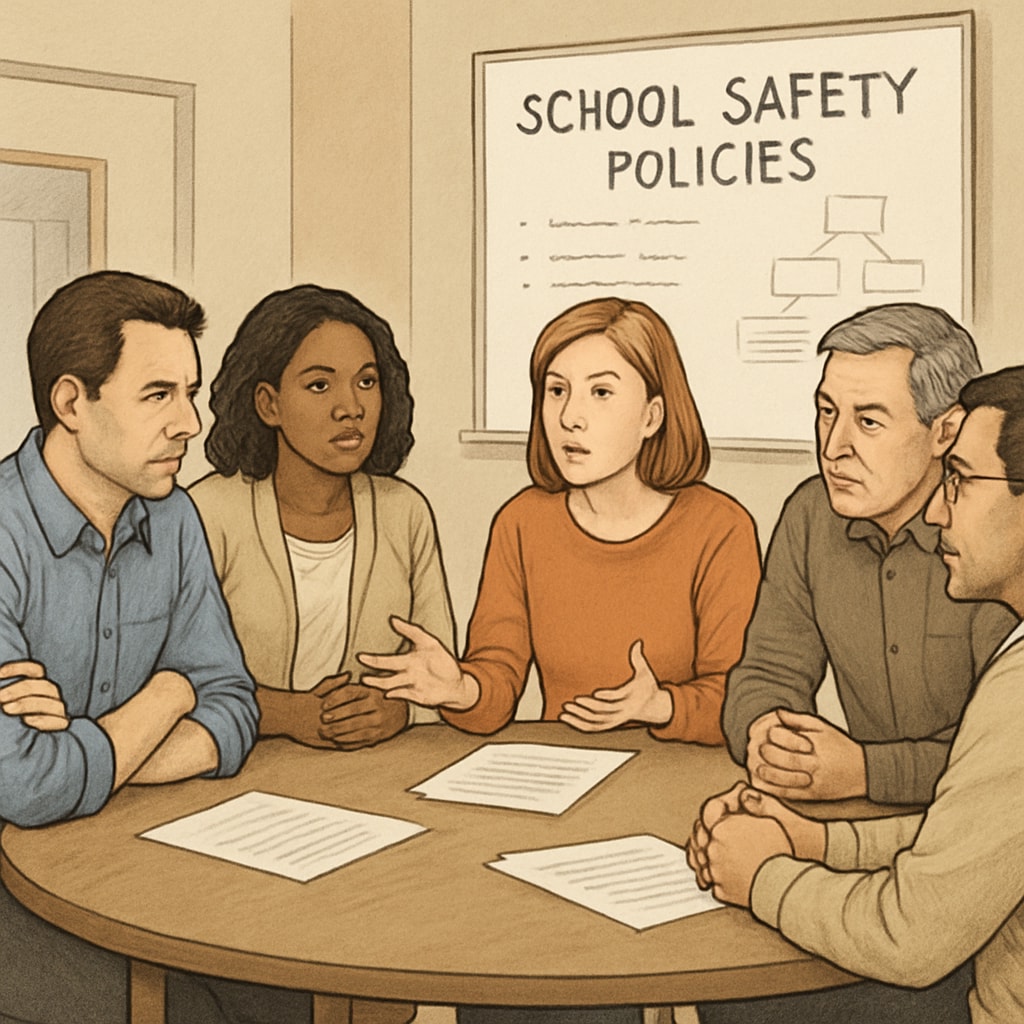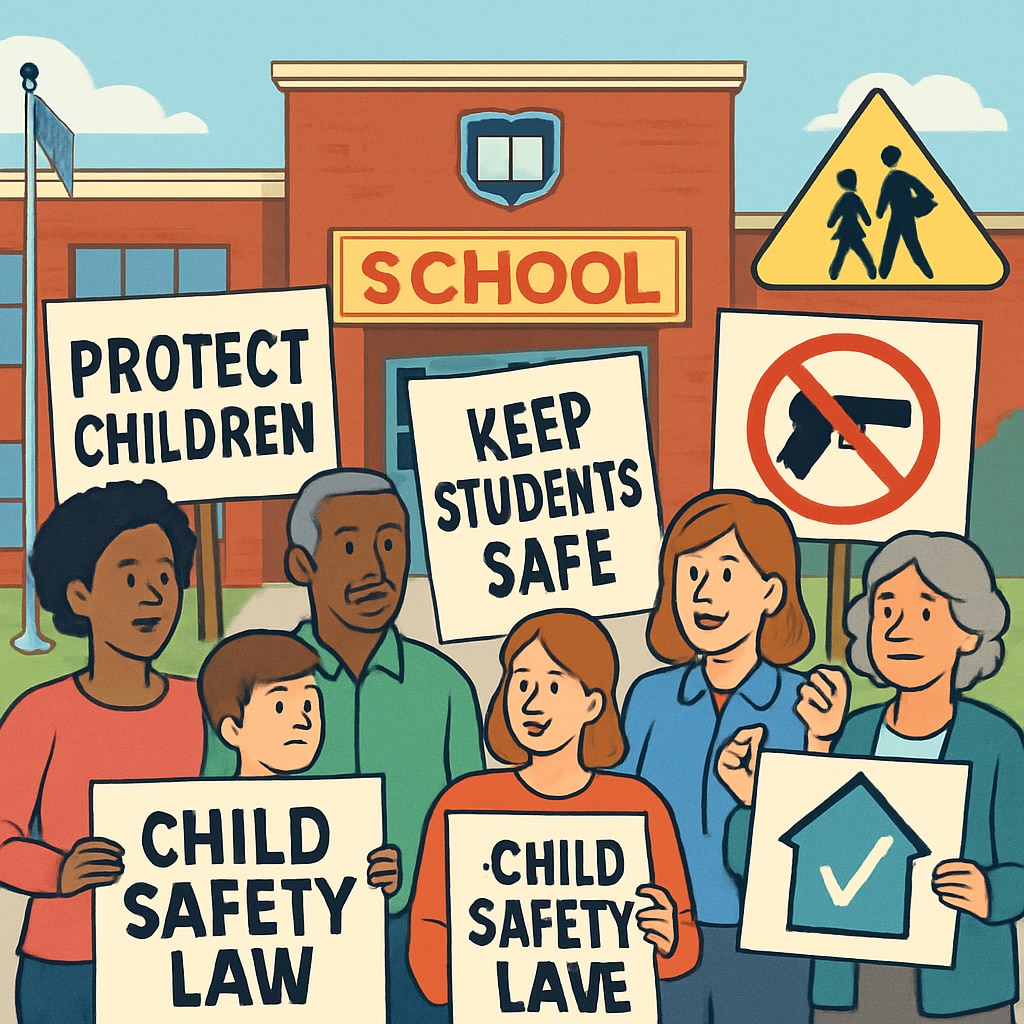The presence of individuals with a history of child abuse in school boards has sparked widespread concern, raising serious questions about the ethical responsibilities of educational governance. Communities are increasingly questioning how such individuals can hold positions of power over institutions meant to nurture and protect children. This article delves into the issue, analyzing the root causes of community outrage and proposing actionable frameworks—from legal intervention to organized local efforts—that can help create safer and more accountable educational environments.
Why Child Abuse Records in School Governance Are Problematic
School boards are critical in shaping the policies and culture of educational institutions. Therefore, having members with a record of child abuse undermines their ability to prioritize students’ wellbeing. Trust erodes among parents, teachers, and local communities, leading to a widespread sense of insecurity. Studies have shown that schools with compromised governance often struggle to maintain safe environments for children (Child Abuse on Britannica). As a result, the ethical and legal implications of such appointments demand immediate attention.

Community Concerns and Legal Perspectives
One of the primary concerns voiced by communities is the lack of transparency in the vetting process for school board members. Parents and local activists have repeatedly questioned whether background checks are robust enough to prevent individuals with abuse records from gaining governance roles. Legal frameworks vary widely across regions, but most fail to adequately address situations where past offenses are either expunged or overlooked due to procedural loopholes. For example, in some jurisdictions, child abuse records might not be considered relevant for governance roles due to outdated regulations (School Governance on Wikipedia).
To address these gaps, communities have proposed stricter measures, including mandatory disclosures of criminal histories and regular audits of board members’ qualifications. Such measures would not only enhance transparency but also serve as a deterrent for individuals with questionable backgrounds.
Actionable Steps for Communities and Advocacy Groups
Communities play a vital role in ensuring safe school governance. Here are some actionable steps that can be taken to address this issue:
- Organized Advocacy: Form community groups to lobby for legislative changes requiring more rigorous vetting processes for school board members.
- Public Awareness Campaigns: Use social media and local events to educate parents and teachers about the importance of ethical governance.
- Legal Recourse: File petitions or lawsuits in cases where the presence of such individuals is proven to harm school safety.
- Collaboration with NGOs: Partner with child protection organizations to provide expertise and resources for improving governance policies.

Building Stronger School Governance Systems
Creating safer school environments requires systemic change. Schools and communities must collaborate to ensure that governance structures are transparent, ethical, and focused on students’ wellbeing. Below are some long-term strategies:
- Policy Reform: Advocate for nationwide reforms to make background checks mandatory for all school board candidates.
- Training Programs: Implement training sessions for board members on child safety and ethical leadership.
- Regular Reviews: Conduct annual reviews of board member qualifications and performance to ensure continued accountability.
As a result of these efforts, communities can foster trust and ensure that schools remain spaces of learning and growth, free from threats to children’s safety.
Readability guidance: Short paragraphs and lists have been used to enhance readability. The article emphasizes active voice and transitions, such as “in addition” and “as a result,” to maintain a logical flow. Images are strategically placed to complement the discussion points.


